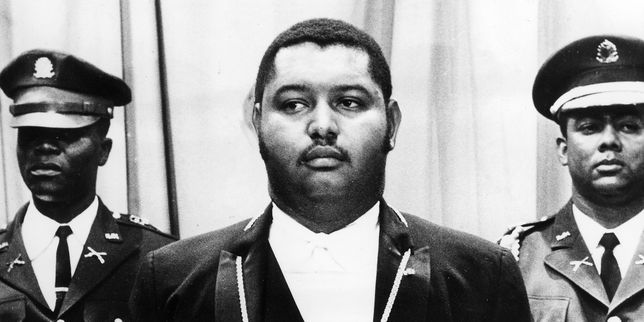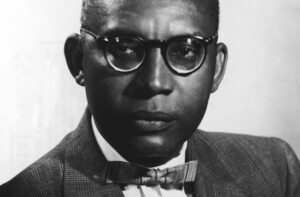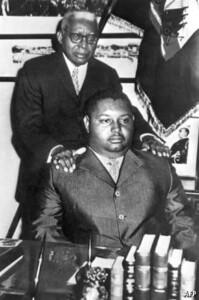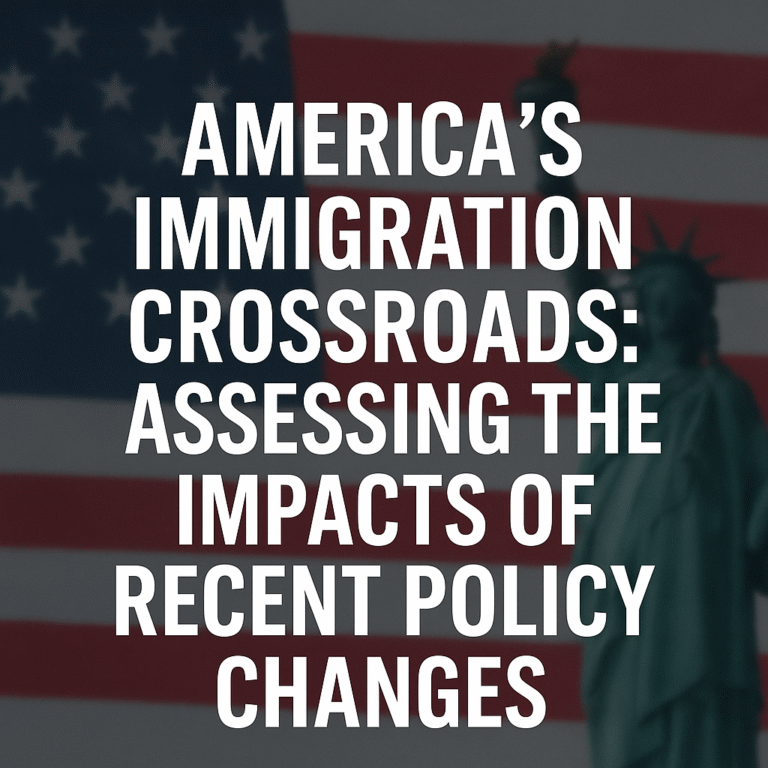
The Duvalier Dictatorship (1957-1986)

François “Papa Doc” Duvalier (1957-1971): In 1957, François “Papa Doc” Duvalier was elected as President of Haiti through a flawed election process. Initially, he gained popularity by promising to address the social and economic issues facing the country. However, once in power, Duvalier quickly consolidated his authority, dismantled democratic institutions, and established an authoritarian regime.
Papa Doc cultivated a personality cult, portraying himself as a paternalistic and messianic figure, and used violence and repression to suppress political opposition. He created the “Tonton Macoutes,” a brutal paramilitary organization responsible for enforcing his rule through intimidation, torture, and extrajudicial killings.
Duvalier’s regime was characterized by widespread human rights abuses, censorship of the press, and the use of fear to silence dissent. He also amassed significant personal wealth, further exacerbating the economic disparities in the country.
Jean-Claude “Baby Doc” Duvalier (1971-1986): Upon the death of his father, François Duvalier, in 1971, Jean-Claude “Baby Doc” Duvalier assumed power at the age of 19. He continued his father’s oppressive policies, ruling through authoritarian control and maintaining the Tonton Macoutes as a tool of repression.
During Baby Doc’s rule, corruption and economic mismanagement worsened, leading to a declining economy and widespread poverty. His extravagant lifestyle contrasted sharply with the impoverished conditions of the majority of Haitian citizens.
However, as his regime faced growing internal and international pressure, Baby Doc initiated some cosmetic changes to project a more moderate image. He released some political prisoners, relaxed censorship, and made limited attempts to address economic issues.
Transition to Democracy (1986): In 1986, widespread protests and international pressure led to the fall of the Duvalier regime. Amid escalating civil unrest, Jean-Claude Duvalier fled the country, bringing an end to 29 years of Duvalier family rule.
Post-Duvalier Period and Ongoing Instability:

Interim Governments and Military Rule (1986-1990): Following Baby Doc’s departure, Haiti experienced a period of political turmoil and multiple short-lived interim governments. The country faced severe economic challenges, social unrest, and human rights violations.
In 1990, Haiti held its first democratic elections, resulting in the election of Jean-Bertrand Aristide, a former Catholic priest and champion of the poor. However, his presidency was short-lived, as he was overthrown in a military coup in 1991.
UN Peacekeeping and Restoration of Democracy: The military coup in 1991 led to a wave of violence and repression by the military regime. In response, the United Nations (UN) authorized a peacekeeping mission (UNMIH) to help restore democracy and stability in Haiti.
In 1994, with the pressure of international sanctions and diplomatic efforts, the military regime relinquished power, and Jean-Bertrand Aristide was reinstated as President. However, Aristide’s second presidency also faced challenges, including political divisions and economic difficulties.
Post-Duvalier Haiti and Challenges:
Democracy and Political Instability: Since the fall of the Duvalier regime, Haiti has struggled to establish stable and effective governance. Frequent changes in leadership, political violence, and disputes over electoral processes have impeded the country’s democratic progress.
Poverty and Economic Struggles: Haiti remains one of the poorest countries in the Western Hemisphere. Decades of political instability, corruption, and economic mismanagement have hindered sustainable development and led to persistent poverty.
Natural Disasters and Humanitarian Crises: Haiti is susceptible to natural disasters, including hurricanes, earthquakes, and floods. These events have had devastating effects on the country’s infrastructure, economy, and population, exacerbating the challenges faced by its people.
Social Inequality and Human Rights Concerns: Social inequality remains a significant issue in Haiti, with a vast gap between the rich and the poor. Human rights concerns persist, including issues related to freedom of expression, access to education, and living conditions.
International Aid and Development Efforts: Haiti has received significant international aid and development assistance over the years. However, the effectiveness and coordination of these efforts have been questioned, and challenges in implementing sustainable development projects persist.
Conclusion:
The Duvalier dictatorship, which spanned from 1957 to 1986, was a dark chapter in Haiti’s history marked by authoritarian rule, repression, and human rights abuses. The fall of the Duvalier regime did not automatically lead to political stability and prosperity. Instead, Haiti has continued to grapple with challenges related to governance, economic development, and social inequality.
Despite the difficult path, Haiti’s history also reflects moments of resilience, hope, and efforts to build a more democratic and equitable society. As Haiti navigates the post-Duvalier era and looks towards the future, addressing longstanding issues, promoting good governance, and fostering sustainable development remain essential goals for the country’s progress and well-being.







